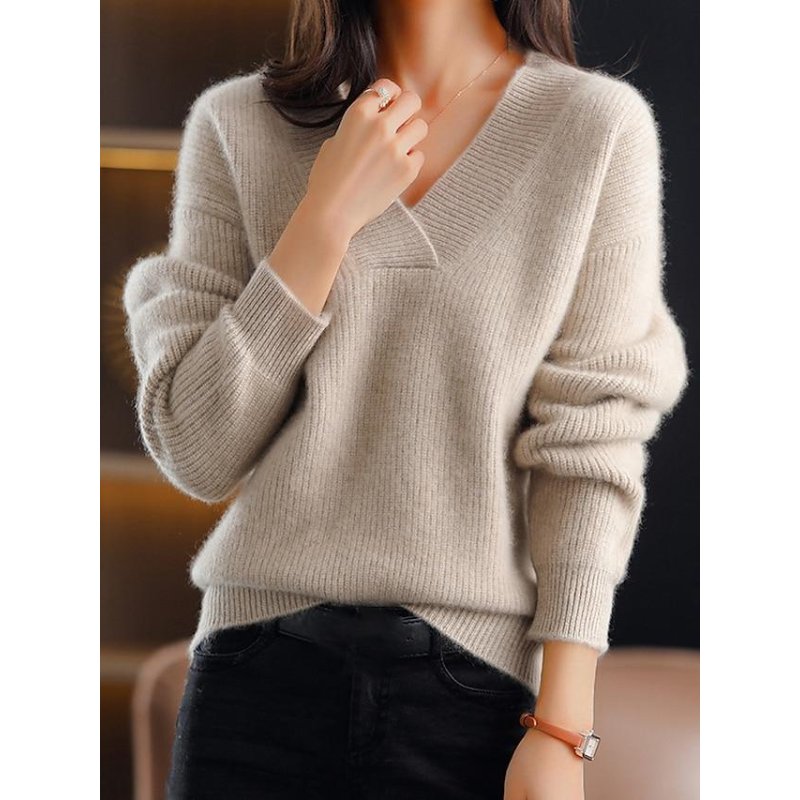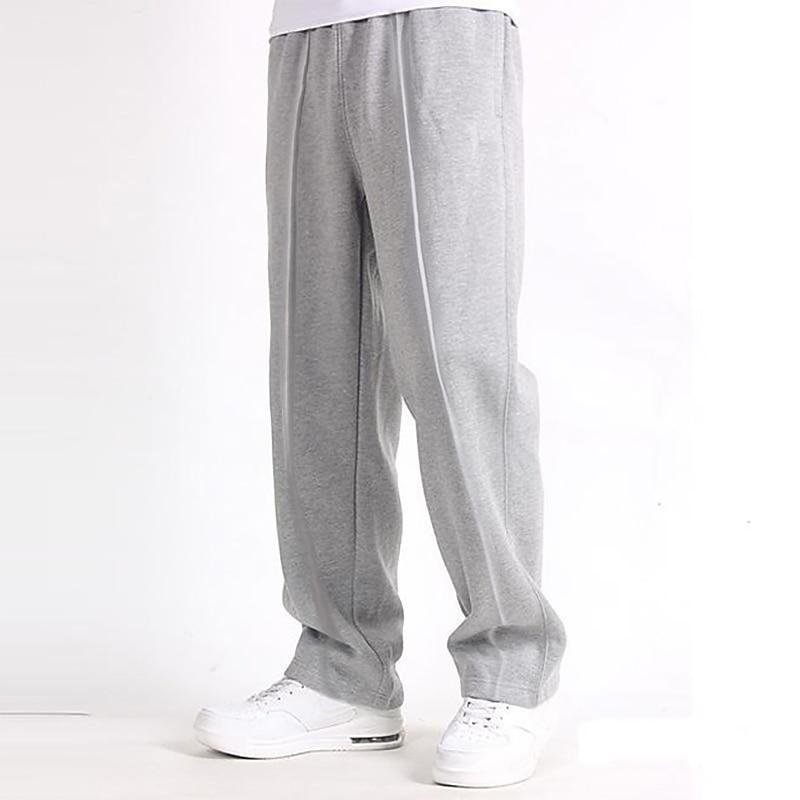Tag:
1. fashion trends
2. cultural influence
3. clothing industry
As human beings, we have been using clothing as a means of self-expression and protection for thousands of years. From animal hides to designer labels, our choice in attire has evolved with us through time.
The concept of fashion can be traced back to ancient civilizations such as Egypt and Mesopotamia, where wealthy individuals would adorn themselves with luxurious fabrics and intricate designs. As societies progressed, so did their sense of style – from the elaborate garments worn by royals during the Renaissance era to the simplistic yet elegant clothing favored by Ancient Greeks.
However, it wasn’t until the Industrial Revolution that fashion truly began to take shape as an industry. With mass production making clothes more affordable and accessible to the masses, trends started spreading at a faster pace than ever before.
In today’s fast-paced world, social media has become a powerful tool in shaping fashion trends worldwide. What was once dictated by high-end designers is now heavily influenced by bloggers and influencers who dictate what is deemed “cool” or “in.” This democratization of fashion has allowed for diversity and inclusivity within the industry.
Clothing not only reflects personal style but also acts as a reflection of one’s culture. Traditional garments like kimonos in Japan or saris in India hold deep historical significance and are still worn proudly today.
Moreover, popular culture plays an essential role in defining societal norms when it comes to apparel choices – think about how iconic movie characters like Audrey Hepburn’s Holly Golightly in Breakfast at Tiffany’s or Carrie Bradshaw from Sex And The City have impacted women’s wardrobes over decades.
On a larger scale, fashion also holds immense economic power globally – it is estimated that the global apparel market will reach $2 trillion by 2025*. From luxury brands to fast fashion retailers, the clothing industry provides employment opportunities and drives economic growth.
In conclusion, clothing is more than just a means of covering our bodies; it is a representation of our cultural identity and societal norms. As we continue to evolve as a society, so will fashion – constantly adapting and reflecting the world in which we live.
Tag:
1. global apparel market
2. social media influence
3. traditional garments

